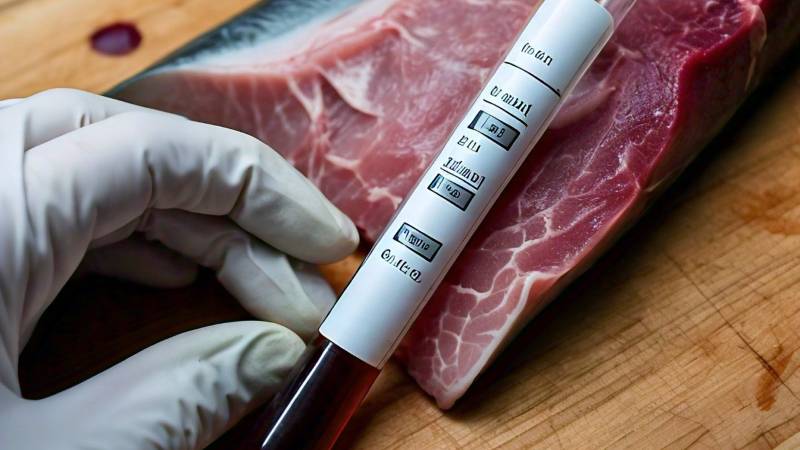In the hustle and bustle of Australia’s fish markets and takeaway shops, a deception lurks beneath the ice and crisp wrappers. A new study by researchers at Macquarie University has revealed that a startling 70 percent of shark meat sold across the country is mislabelled, obscuring the true identity of the species on offer. This mislabelling not only muddies the waters for consumers trying to make informed choices but also threatens to undermine shark conservation efforts.
DNA Barcoding Reveals Extent of Mislabelling
The researchers, led by Ms Armansin and Professor Stow, collected 91 samples of shark meat from 28 retailers spanning six Australian states and territories. Using a technique called DNA barcoding, they unraveled the genetic identity of each sample and compared it to the label applied by the retailer. The results were troubling: 70 percent of the samples were mislabelled, either because the species did not match the label or the label failed to comply with the Australian Fish Names Standard (AFNS).
‘Flake’ Label Masks Threatened Species
The mislabelling was particularly egregious for samples labelled as ‘flake’, a term the AFNS reserves for just two sustainably caught shark species: the gummy shark and New Zealand rig shark. A staggering 88 percent of ‘flake’ samples were not from either of these species, and nine samples came from threatened species. This ambiguity, Ms Armansin notes, is “a real hindrance to sustainable consumption.”
The problem was most acute in takeaway shops, where mislabelling was markedly higher than in fish markets and wholesalers. With many shark populations worldwide facing unprecedented declines, the research underscores the urgent need for improved labelling standards and enforcement. Professor Stow suggests that rapid DNA testing could enable large-scale monitoring of seafood supply chains, while Ms Parker Kielniacz emphasizes the importance of giving consumers accurate information to build a more ethical and sustainable shark meat industry.
As the true cost of our seafood choices comes into focus, it’s clear that the path to protecting both consumers and sharks will require shining a brighter light on the journey from ocean to plate.


